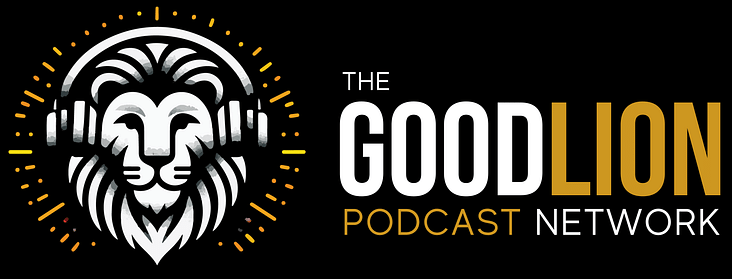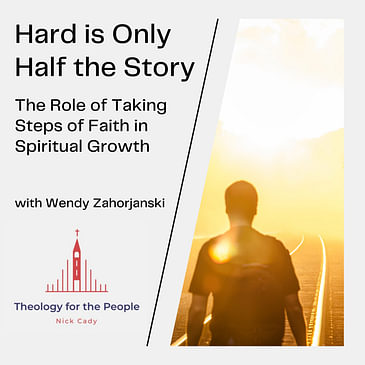Taking a step into the unknown can be scary, and yet, when led by God, it can lead to incredible spiritual growth and benefits for your life.
Wendy Zahorjanski is a missionary in Serbia with her husband, Danny, in the city of Kragujevac, where they planted a church.
Wendy recently wrote a book about her experiences stepping into unknown, and she talks about the important role that taking steps of faith plays in our spiritual growth and relationship with God.





